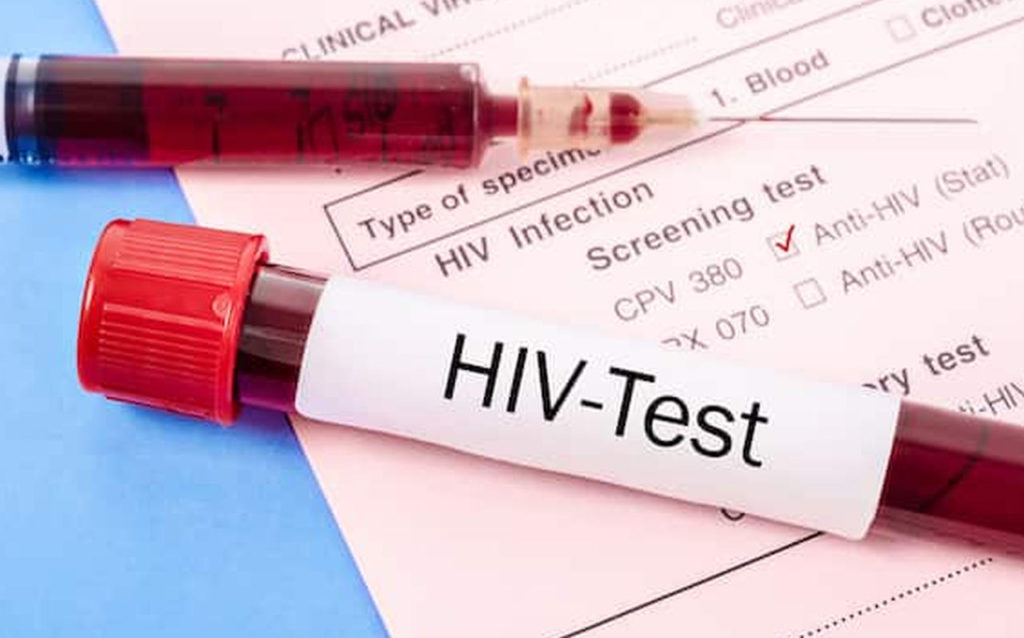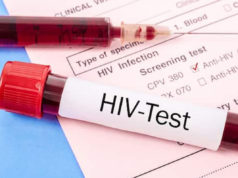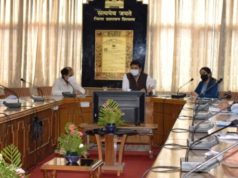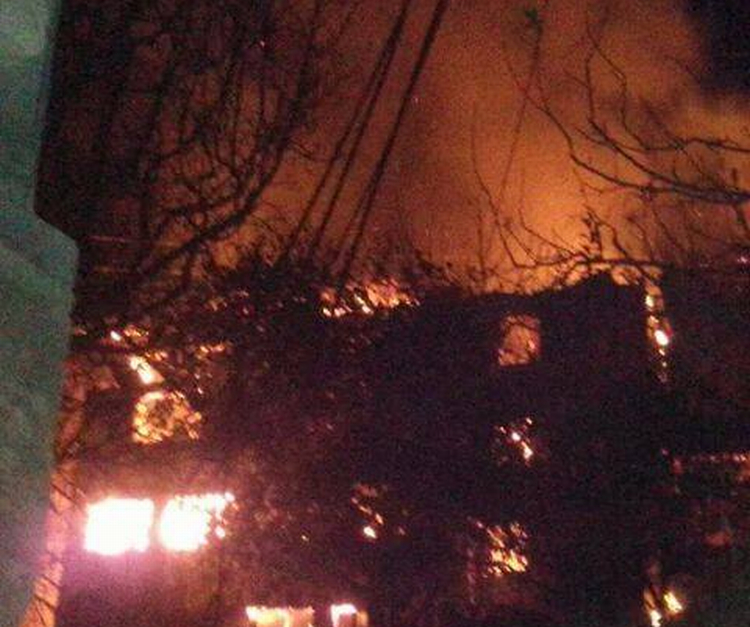In a shocking revelation, a recent investigation by the health department in Himachal Pradesh has uncovered a harrowing consequence of the escalating drug crisis in the state. The health department has uncovered a nightmarish scenario in the Nurpur area of the Kangra district, where 34 youth, aged between 25 and 30, have tested positive for HIV.
The disturbing link between drug abuse and HIV infections lies in the common practice of these youth sharing the same syringe to inject intoxicants. As the police intensify their campaign against drug addiction in the region, the medical examinations of drug addicts have brought to light an alarming trend, painting a grim picture of the consequences of the burgeoning black drug trade in Nurpur.
As reported by Amar Ujala (a leading daily newspaper), a significant number of victims in Nurpur were discovered to be using identical syringes, leading to a horrifying chain reaction of HIV transmission within the group. It appears that the virus, initially present in one individual, has spread like wildfire, infiltrating the bodies of other vulnerable youth who engaged in the dangerous practice of sharing contaminated syringes.
What adds to the shock is that these HIV-positive cases were brought to light during routine health checkups conducted when the individuals were apprehended in an intoxicated state. This implies that there could be countless others in the area unknowingly carrying the burden of HIV infections, their health deteriorating without proper testing.
The situation in Nurpur is a stark reminder of the double-edged sword that drug addiction wields, not only enslaving the youth in a cycle of substance abuse but also exposing them to life-altering health crises. As authorities grapple with the immediate challenge of curbing the drug menace, there is an urgent need for comprehensive healthcare measures, awareness campaigns, and anti-drug initiatives to address the escalating HIV epidemic in the region.
As the authorities intensify efforts to curb the drug menace in the region, urgent measures are needed to address the public health crisis unfolding in the wake of this grim discovery. The need for widespread awareness campaigns, access to healthcare facilities, and robust anti-drug initiatives is more pressing than ever to prevent further devastation in the lives of the youth in Nurpur and beyond. The tragic intersection of drug addiction and HIV transmission serves as a stark warning of the urgent need for a multi-faceted approach to combat the dual scourge threatening the very fabric of the community.







